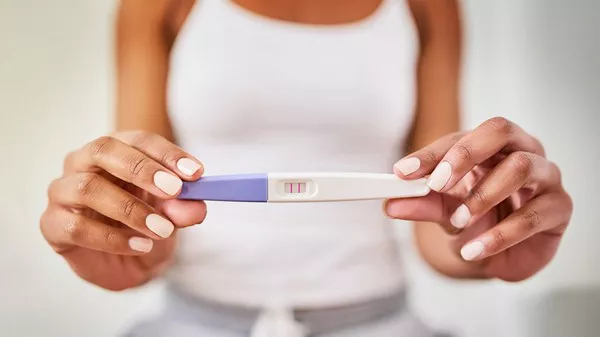Medical abortion is a method used to terminate a pregnancy using medication rather than surgery. Traditionally, medical abortions are performed up to ten weeks gestation at home, while those between ten to twelve weeks typically require day patient care. For pregnancies exceeding twelve weeks, the standard practice often involves initiating the procedure in a hospital setting due to the potential need for longer observation and potential complications.
A new study published in The Lancet, led by researchers from the University of Gothenburg and Karolinska Institutet, investigates whether initiating a medical abortion after twelve weeks of pregnancy at home is as safe and effective as starting the procedure in a hospital. The study focuses on the feasibility of home-based initiation and its impact on patient satisfaction, safety, and the need for hospitalization.
Study Overview
The study included 457 women in Sweden who were planning to undergo a medical abortion after twelve weeks of pregnancy. Participants were randomly assigned to one of two groups: one group started the abortion process at home by taking the first dose of misoprostol, a medication used to induce abortion, and then proceeded to the hospital for further treatment. The other group followed the standard protocol, starting the treatment in the hospital.
Results
Key findings from the study include:
Day Patient Care: 71% of women who began their treatment at home were able to complete their abortion as day patients, compared to only 46% of those who started in the hospital. This significant difference suggests that home-based initiation could reduce the need for overnight hospital stays.
Complications and Interventions: The incidence of severe complications was low in both groups. The percentage of participants requiring surgical intervention was 6.4% in the home group versus 8.5% in the hospital group, indicating comparable safety between the two approaches.
Patient Satisfaction: The majority of participants reported high levels of satisfaction with their treatment. 86% of women in the home group were very satisfied with their experience, compared to 81% in the hospital group. Additionally, 78% of women in the home group preferred the home-based initiation, while only 49% of women in the hospital group felt the same way.
Benefits and Implications
The study highlights several potential benefits of initiating medical abortion at home:
Cost and Accessibility: Day patient care, which is facilitated by starting the process at home, could reduce healthcare costs and improve accessibility, particularly in regions with limited hospital resources.
Patient Autonomy: Allowing women to begin their abortion treatment at home enhances patient autonomy, providing a more personalized and private experience.
Johanna Rydelius, PhD student in obstetrics and gynecology at Sahlgrenska Academy, University of Gothenburg, and one of the study’s researchers, emphasizes that this approach could be particularly advantageous in settings with constrained access to inpatient care. She notes that “Providing day patient care for this group of patients could allow countries with limited access to inpatient treatment to expand their abortion care. Day patient care is also potentially less costly for both the healthcare system and the individual patient. Being able to start their own medical treatment at home also promotes patient autonomy.”
Conclusion
The study concludes that initiating a medical abortion after twelve weeks of pregnancy at home is a safe and effective alternative to starting the procedure in a hospital. It supports the possibility of broader implementation of home-based initiation, which could enhance patient satisfaction, reduce healthcare costs, and expand access to abortion services. Further research and policy discussions may focus on integrating these findings into standard care practices to optimize outcomes for women seeking medical abortions.


